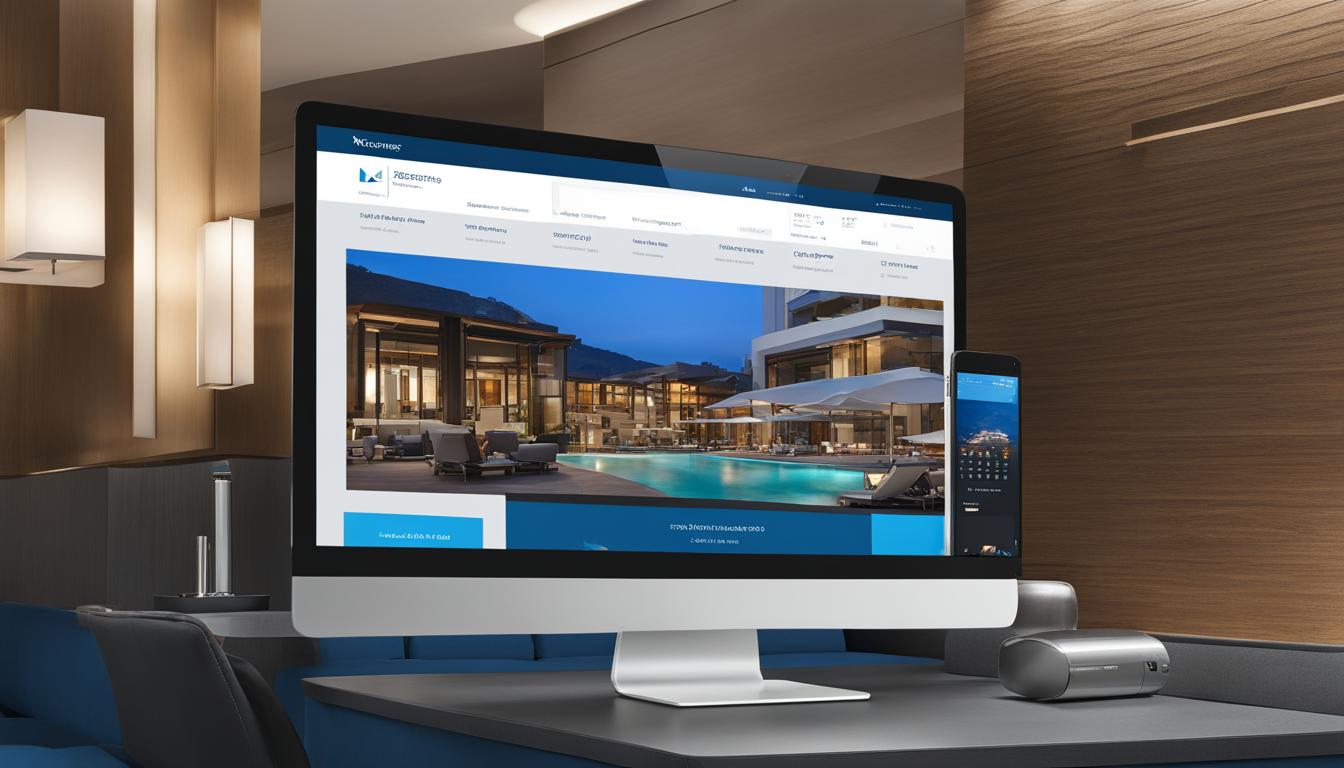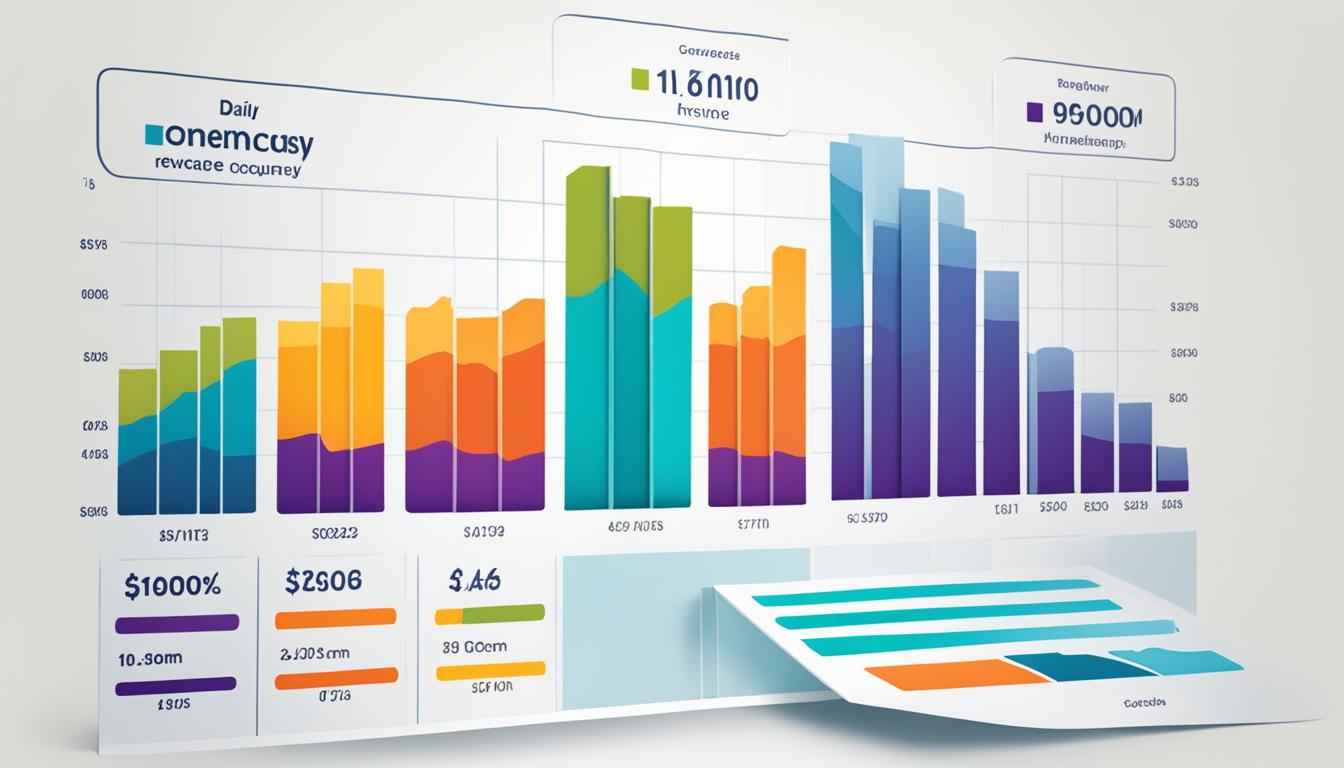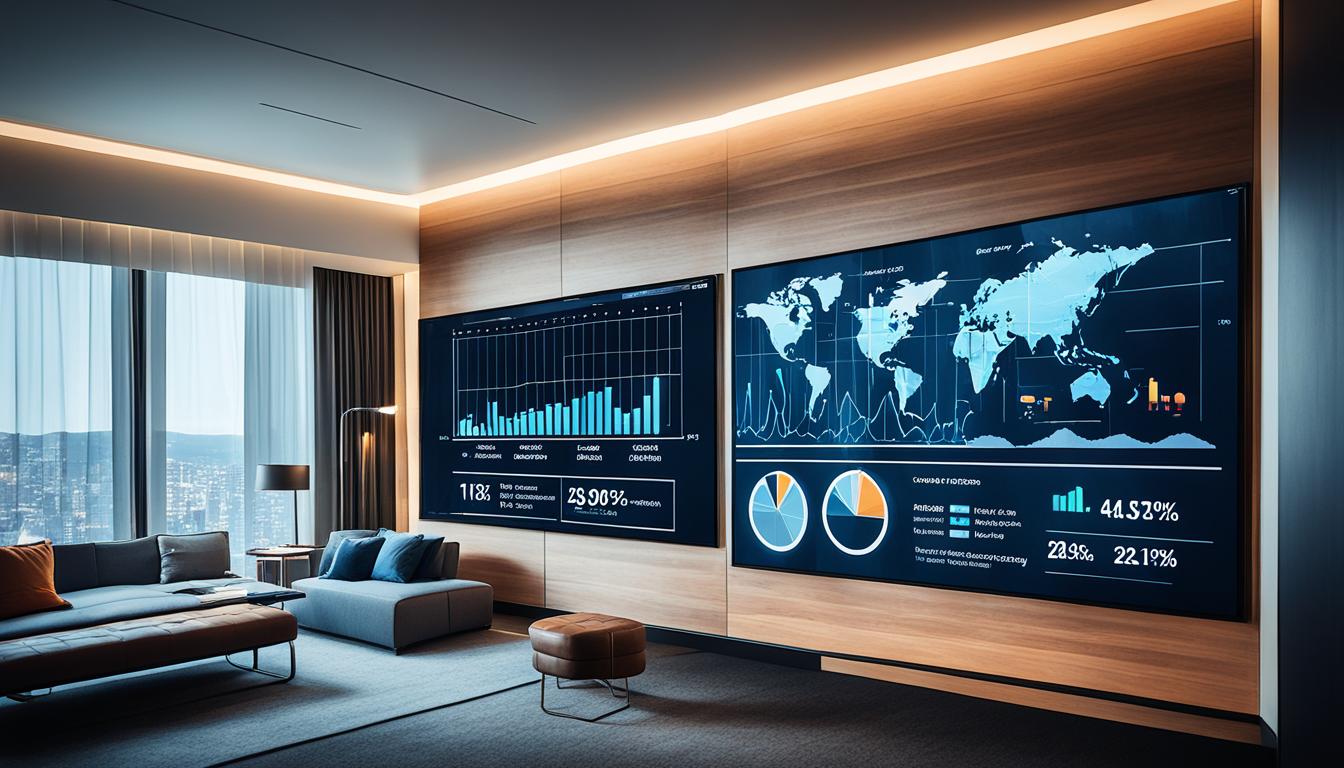Welcome to the first section of our article, where we will explore effective crisis management strategies for hotel managers. As professionals in the hospitality industry, hotel managers play a crucial role in ensuring the safety, satisfaction, and well-being of their guests. However, unexpected crises such as natural disasters, security incidents, or even public health emergencies can disrupt normal operations and impact guest experiences.
Having robust crisis management strategies in place is essential to minimize disruptions and protect guests, staff, and hotel property. Hotel managers need to be prepared to handle various crisis situations swiftly and efficiently, while ensuring minimal inconvenience to guests. By implementing effective crisis management strategies, hotel managers can not only safeguard their hotel’s reputation but also maintain guest satisfaction and loyalty.
In this section, we will discuss the importance of crisis management for hotel managers and how they can integrate sustainable practices to enhance resilience and guest satisfaction. We will explore the key elements that hotel managers should consider when developing their crisis management plans and provide actionable insights on how sustainable practices can be integrated into these strategies.
Join us as we navigate through this crucial aspect of hotel management and discover innovative approaches to crisis management. Let’s maximize the potential for success and make a positive impact on both the hotel’s bottom line and the guest experience.
The Role of Sustainable Practices in Hotel Management
In today’s hospitality industry, hotel management is not simply about providing exceptional guest experiences; it also involves incorporating sustainable practices into everyday operations. Sustainable practices in hotel management have become increasingly important due to the growing global concern for environmental conservation and social responsibility.
By implementing sustainable practices, hotels can significantly reduce their carbon footprint, conserve resources, and contribute positively to the communities they operate in. Moreover, guests are becoming more conscious of the environmental impact of their travel choices and actively seek accommodation that aligns with their values. Therefore, incorporating sustainable practices has become a critical factor in attracting and retaining eco-conscious guests.
One major area where sustainable practices can make a difference is in energy consumption. Hotels can adopt energy-efficient technologies, such as LED lighting and smart thermostats, to reduce electricity usage. This not only lowers the operating costs but also minimizes the environmental impact. Additionally, implementing water-saving measures, such as low-flow showerheads and dual-flush toilets, can significantly reduce water consumption without compromising guest comfort.
Another aspect of sustainable hotel management is waste reduction and recycling. Hotels can adopt effective waste management strategies by encouraging recycling programs, minimizing single-use plastics, and composting organic waste. Moreover, sustainable procurement practices are crucial for reducing the environmental footprint of a hotel. By sourcing materials and products from eco-friendly suppliers, hotels can support sustainable supply chains and promote responsible manufacturing practices.
Integrating sustainable practices into hotel management not only benefits the environment but also enhances the bottom line. Sustainable practices can result in cost savings through reduced energy and water consumption, waste management efficiency, and better resource allocation. Furthermore, adopting sustainable practices can enhance a hotel’s reputation and brand image, attracting environmentally responsible corporate clients and eco-tourists.
Ultimately, sustainable practices in hotel management are a win-win for all stakeholders involved. By incorporating these practices into their daily operations, hotel managers can contribute to environmental preservation, appeal to eco-conscious guests, and improve their financial performance. It’s an opportunity for hoteliers to create meaningful positive change while delivering exceptional guest experiences.
Introducing PlanetHMS Hospitality Management System
PlanetHMS Hospitality Management System is a comprehensive suite of innovative products specifically designed for hotel managers. With a focus on sustainability, PlanetHMS offers a range of solutions that can help hotels implement environmentally friendly practices without compromising on guest satisfaction.
One of the key products offered by PlanetHMS is the Hotel Channel Manager. This powerful tool enables hotel managers to efficiently manage their online distribution channels, ensuring maximum visibility and revenue optimization. By automating the distribution process, hotels can reduce unnecessary costs and environmental impact, making it an essential component of sustainable hotel management.
Another essential tool provided by PlanetHMS is the Hotel Booking Engine. This user-friendly software seamlessly integrates with hotel websites, allowing guests to make direct bookings hassle-free. By eliminating the need for third-party agents, hotels can not only save on commission fees but also have better control over their inventory, resulting in reduced overbooking and resource wastage.
The Hotel Website Builder offered by PlanetHMS empowers hotel managers to create stunning and responsive websites that make a lasting impression on their guests. With a user-friendly interface and customizable templates, hoteliers can effortlessly showcase their commitment to sustainability, enticing eco-conscious travelers.
Finally, PlanetHMS provides the Hotel Event Manager software, specifically designed for efficient event management in hotels. By streamlining the event planning process, hotels can reduce paper waste and streamline their operations. From managing conferences to weddings, this tool is a valuable asset for any hotel aiming to incorporate sustainable practices.
By incorporating the PlanetHMS Hospitality Management System into their operations, hotel managers can effectively implement sustainable practices, reduce their environmental footprint, and enhance guest experiences. The integrated solutions offered by PlanetHMS ensure that hotels can thrive in an increasingly eco-conscious market while delivering exceptional service to their guests.
Integrating Sustainable Practices into Crisis Management
In order to effectively manage crises, hotel managers can integrate sustainable practices into their strategies. By doing so, they not only mitigate the impact of crises but also contribute to the long-term sustainability of their hotels and the environment. Let’s explore some specific actions and initiatives that can be undertaken:
Waste Reduction
Implementing waste reduction measures is crucial for sustainable crisis management. Hotel managers can set up recycling programs, encourage guests to participate in towel and linen reuse programs, and promote the use of biodegradable or reusable amenities.
Energy Conservation
Conserving energy is not only beneficial for the environment but also helps hotels reduce costs during crisis situations. Implementing energy-efficient practices such as using LED lighting, installing smart thermostats, and optimizing ventilation systems can significantly reduce energy consumption.
Community Engagement
Hotel managers should actively engage with the local community during crises. This can involve supporting local businesses, organizing volunteer initiatives, or collaborating with community organizations to provide assistance and resources.
Sustainable Procurement
Adopting sustainable procurement practices ensures that hotels source goods and services that align with their sustainability goals. This can include purchasing locally sourced products, supporting eco-friendly suppliers, and selecting materials with low environmental impact.
By integrating these sustainable practices into crisis management strategies, hotel managers can create resilient and environmentally responsible establishments. These actions not only help hotels navigate through crises but also contribute to a more sustainable future for the hospitality industry.
Conclusion
In conclusion, sustainable practices play a crucial role in crisis management for hotel managers. By integrating sustainable initiatives into their operations, hotel managers can enhance their resilience and ensure a positive guest experience even during challenging times.
Throughout this article, we have discussed the significance of sustainable practices in hotel management and explored how they can be effectively integrated into crisis management strategies. From waste reduction and energy conservation to community engagement and sustainable procurement, hotel managers have a range of actions they can take to promote sustainability and mitigate the impact of crises.
PlanetHMS Hospitality Management System offers a suite of innovative products that can assist hotel managers in implementing sustainable practices. The hotel channel manager, hotel booking engine, hotel website builder, and hotel event manager software are designed to streamline operations and support sustainability efforts.
If you have any further questions or inquiries about sustainable practices in crisis management or the products offered by PlanetHMS, please don’t hesitate to contact us at [email protected]. Our team will be happy to assist you and provide the necessary information to help you enhance your hotel management strategies.







